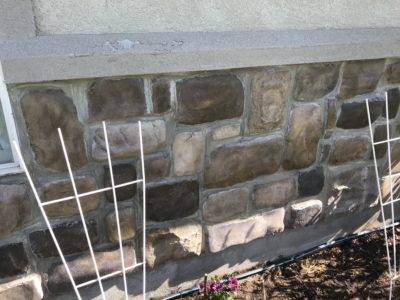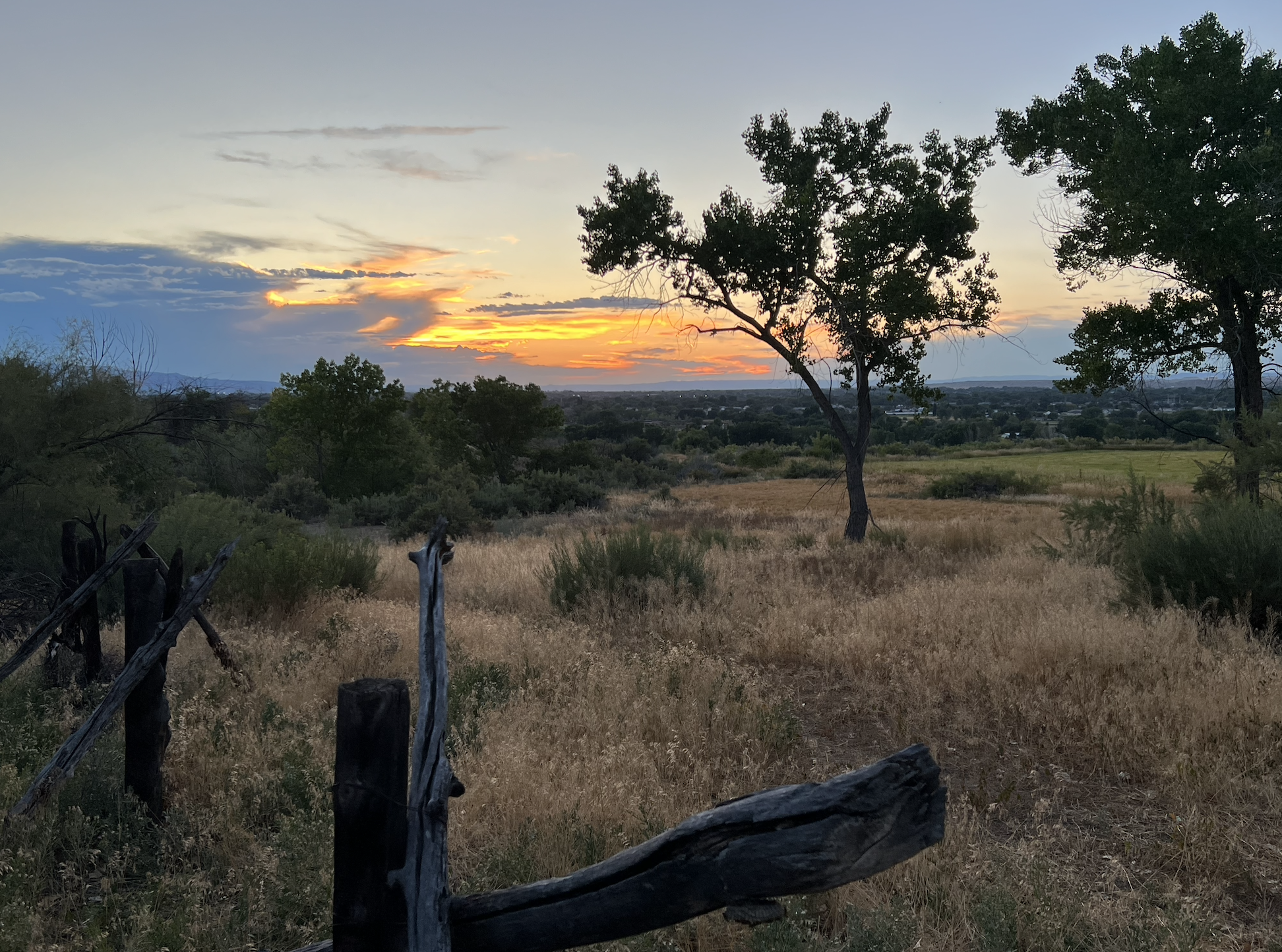
I’m a volunteer treasurer for my local home owners association. There are two buildings. We are six versions of family living in six units. We are small as an association. Each of us has an assigned garden area to tend in the spring, summer, and fall. Each of us has a section of sideway to snow-shovel in the winter. We help each other take the garbage bins to the street every Friday. Every now and then we have a meeting to talk about things needed among us. Someone usually brings cookies.
Recently, a few of us noticed some stucco damage on the exterior of one of the buildings. It’s a kind of decorative trim. The exterior appears worn, exposing an inner plastic netting. This damage, seemingly small, is dotted around the building. The risk appears to be that if not repaired, water and snow could get in the trim and then into more of the interior walls. Best guess is that it is from years of sun. Summer temperatures here will often top 100 F and 38 C. Best guess of action is to get to it for repair.
We have insurance, thankfully. Because we are a small homeowners association. I make the call to our local insurance agent, the person listed on our bill. It’s a polite hello. She directs me to the national carrier of our insurance to file a claim. OK. It’s procedural stuff. I call the national carrier, and explain our situation to a friendly man. He thanks me. He expresses his support. I’m glad to be in connection with him. He gives me a claim number and tells me that an Adjustor will be calling me soon to get more information. OK. Again, procedural stuff. I’m assuming this is pretty straightforward — it’s the first claim we’ve every made in the 13 year history of paying this insurance.
Here’s where it gets rather non-communal. The Adjustor calls me. Asks if he can record the call. OK, I’ve got a bit of spider sense in me that this is oddly protective, but I tell myself it’s just a way to gather information. We talk for 10 minutes. He stops the recording. I reiterate what I’ve heard from the first friendly man that I spoke with — “It’s OK to proceed with repairs right, to do what is reasonable to prevent further damage.” Yes. Good.
A couple of hours later a receive a followup up call from the Adjustor. He’s citing policy about “wear and tear” and possible “faulty initial work.” Hmm. Spidey senses are seeing quite clearly that Adjustor is highlighting policy that protects the giant corporation rather than communal right-relations that helps us with our first time claim. Grrr…. Adjustor assures me he is only implementing their policy. Of course that’s true. And I’m sure that Adjustor is not a bad person.
What I sought in this relationship with first local agent, and then, national carrier, is more of a sense of community. I wanted a communal feel and fulfilled trust. “Why do we have this insurance?” I asked myself. Of course, it covers us (I hope) in the event of more serious catastrophe. Yeah for that. But what I was really seeking, and surprised to have contradicted, was a more communal approach. I didn’t want to be read policy that “unfortunately renders us with nothing we can do.” That kind of avoidance of communal right-relations adds a very destructive tone to the simple and brilliant primary relationship of having insurance.
Grr…
OK, back to the point. I get policy. I get that it’s complex. I get that this incident of the powerful imposing policy without regard to nuanced community is a bit triggery for me. Community must be part of the strategy. Some layer of connection beyond scripted politeness must be part of the commitment. For me, in this instance, it would have sounded like, “I’ll tell you what we could do. Let’s get someone out to your place to look at it. Let’s also review your claims record — I see that you’ve never filed a claim. I think there is something we can come up with. Thanks for being a customer.”
Some personal connection is needed. I would suggest for the long term health of any organization and the people that it serves. Community and right-relations is inherently the point that infuses not just the transactional but a way of being together.
